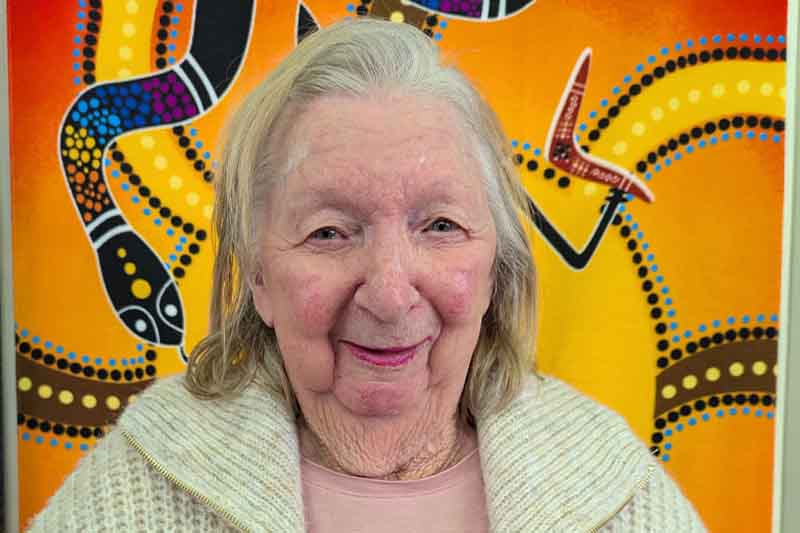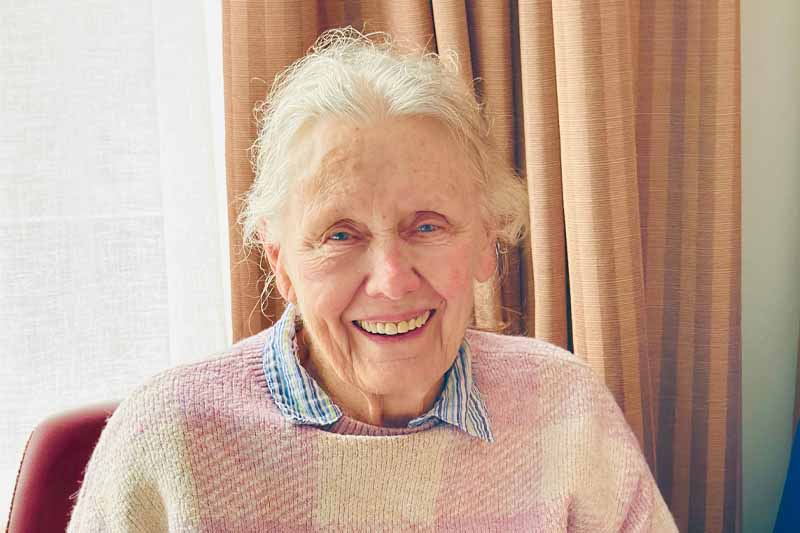What is the right amount of food to help deliver optimal health? Which nutrients promote wellbeing in older people?
In keeping with SummitCare’s philosophy to offer a personalised experience to residents, SummitCare constantly reviews the residential centre menus and then provides advice on the best nutritional supplements.
We believe that it shouldn’t matter whether you’re at your personal home or in residential aged care, it’s still important to eat for good health and subsequently independence.
Research has shown that poor nutrition leads to poorer health outcomes with it being a major reason for people becoming more frail.
Unfortunately, a high number of older people are malnourished which leads to infections and other diseases such as osteoporosis.
As people get older their appetites decrease so their food needs to be dense in nutrition.
Foods that are high in energy, protein, vitamins and minerals will help the elderly meet their requirements. Proteins can be found in meat, fish, dairy and legumes. Good energy is derived from creams, butter and margarine and is vital.
It’s important to have a balanced and nutritious diet with the following nutrients:
- fibre (found in fruit and vegetables, wholemeal and wholegrain cereals);
- vitamin D (from sunshine, many oils and margarine, cheese and eggs);
- calcium (contained in dairy foods – if you are lactose intolerant, look for low-lactose options);
- iron (in meat and chicken, wholemeal and grain cereals);
- folate (contained in green leafy vegetables and some cereals); and
- vitamin B12 (in seafood, meat, eggs and cheese).
Older people tend to experience higher rates of constipation and urinary tract infections (UTIs) than younger people however with the right nutrition these can be avoided. Constipation and UTIs can be prevented by drinking at least 8 glasses of water a day or drink pear, apple or prune juice and eat foods high in fibre like fruit and vegetables, lentils, beans or other legumes.
The meals at SummitCare are created in consultation with a nutritionist and we are regularly reviewing them to improve the meals that residents are given.
Elderly tend to do better when they have three smaller meals during the day and a snack in between rather than one large meal.











